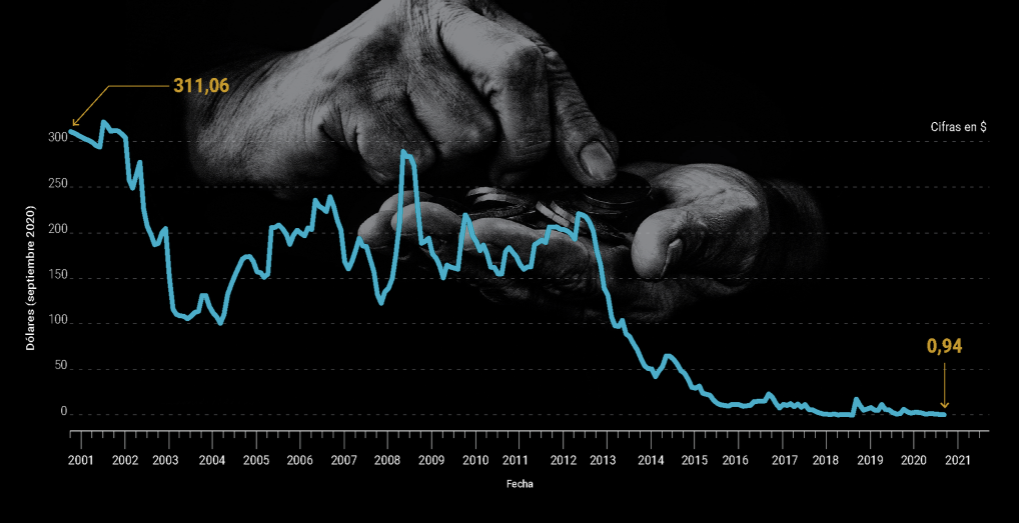
Inspired by a global trend, media labs are beginning to emerge within news organizations in Latin America to develop innovative journalism-oriented thinking, accelerate the application of technology, seek solutions to problems, and have an impact.

A team of professionals from La Nación, Ojo Público, CLIP, and MuckRock developed a prototype tool that seeks to facilitate the use of machine learning and natural language processing for the analysis and classification of documents for journalists without extensive programming knowledge.

The Political Misogynistic Discourse Monitor, developed by journalists from AzMina, Data Crítica, La Nación, and CLIP, detects hate speech against women on the internet in Spanish and Portuguese through a Natural Language Processing model.

Panel members of 'Hype or not, how and when will web 3.0 (blockchain/NFTs) and the metaverse (AR/VR/XR) impact journalism?' discussed the opportunities presented by the advancement of such technologies for news organizations and how these developments will affect the media.

Works from Argentina, Peru, Colombia and Brazil were shortlisted for the most prestigious data journalism awards among more than 600 candidates from 379 media outlets around the world. Latam Journalism Review interviewed the leaders of the Latin American projects featured in the 2022 Sigma Awards.

As part of their participation in the Collab Challenges 2021 initiative, La Nación (Argentina), Data Crítica (Mexico), AzMina (Brazil), CLIP (Costa Rica) and Ojo Público (Peru) developed projects that seek to put automated analysis of documents, images and language at the service of investigative journalism.

The journalistic multimedia work “La Promesa Rota” (The broken promise) turned opacity and polarization on its head through data collection and analytical work. It created a database that did not previously exist in the country, while at the same time forging a personal bond with readers.

Latin American journalism increasingly merges data and art so stories will have a greater impact and reach different audiences. However, there is still a need for more journalists to delve into the visual aspect of their work and for more institutions to support artistic projects.

It is not easy to get updated resources and tools on the web about data journalism in Spanish. Just look at the results in Google in English on the subject that almost triple those in the Spanish language. Books, workshops, tools, and even podcasts and newsletters on data journalism tend to be created first in […]

Through its podcast Deliberante, the Special Rapporteur for Freedom of Expression encourages audiences to embrace Inter-American standards and especially learn the stories behind them.

In the last 10 years, the way of doing journalism has changed. Journalists have also undergone a transformation that involves the emergence of digital media, a deepening of the culture of transparency, collaborative work, greater participation of women, changes in methodology and in the way in which content is consumed, and transformation of business models.

The product development guide, Propulsorio, is free, open, and self-directed. It has self-assessment activities for readers to apply what they have learned to their own journalistic projects.